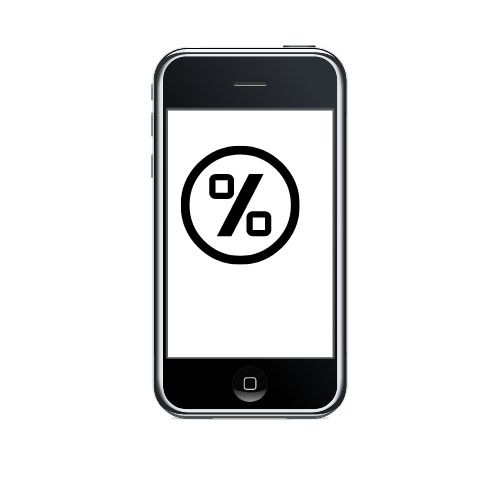If a person or an organization features a history of not paying their debts on time or owing an excessive amount of cash to the lenders, they’re said to possess bad credit.
Bad credit refers to a person’s history of not paying bills on time, also because of the likelihood that they could do so within the long run. A nasty credit score is sometimes the result, due to their payment history and present financial circumstances, businesses can have negative credit.
Because they’re considered riskier than other borrowers, a private (or company) with negative credit will find it difficult to borrow money, especially at competitive interest rates. this is often true of all sorts of loans, including both secured and unsecured ones.
FICO scores range from 300 to 850, and debtors with numerous 579 or lower are typically considered to have poor credit. Keep with Experian, over 62 percent of borrowers with credit a lot of 579 or lower are expected to fail their loans within the longer term.
Fair is defined as a score between 580 and 669. These borrowers are significantly less likely to neglect loans, making them far less hazardous to lend to than individuals with poor credit scores. However, consumers during this range may incur higher interest rates or have difficulty obtaining loans than borrowers with credit scores closer to the very best 850.
